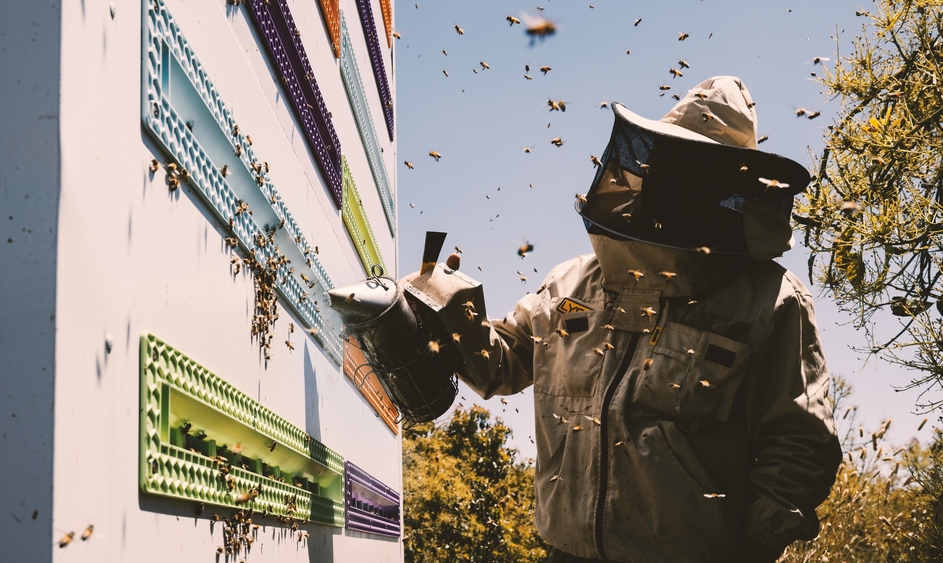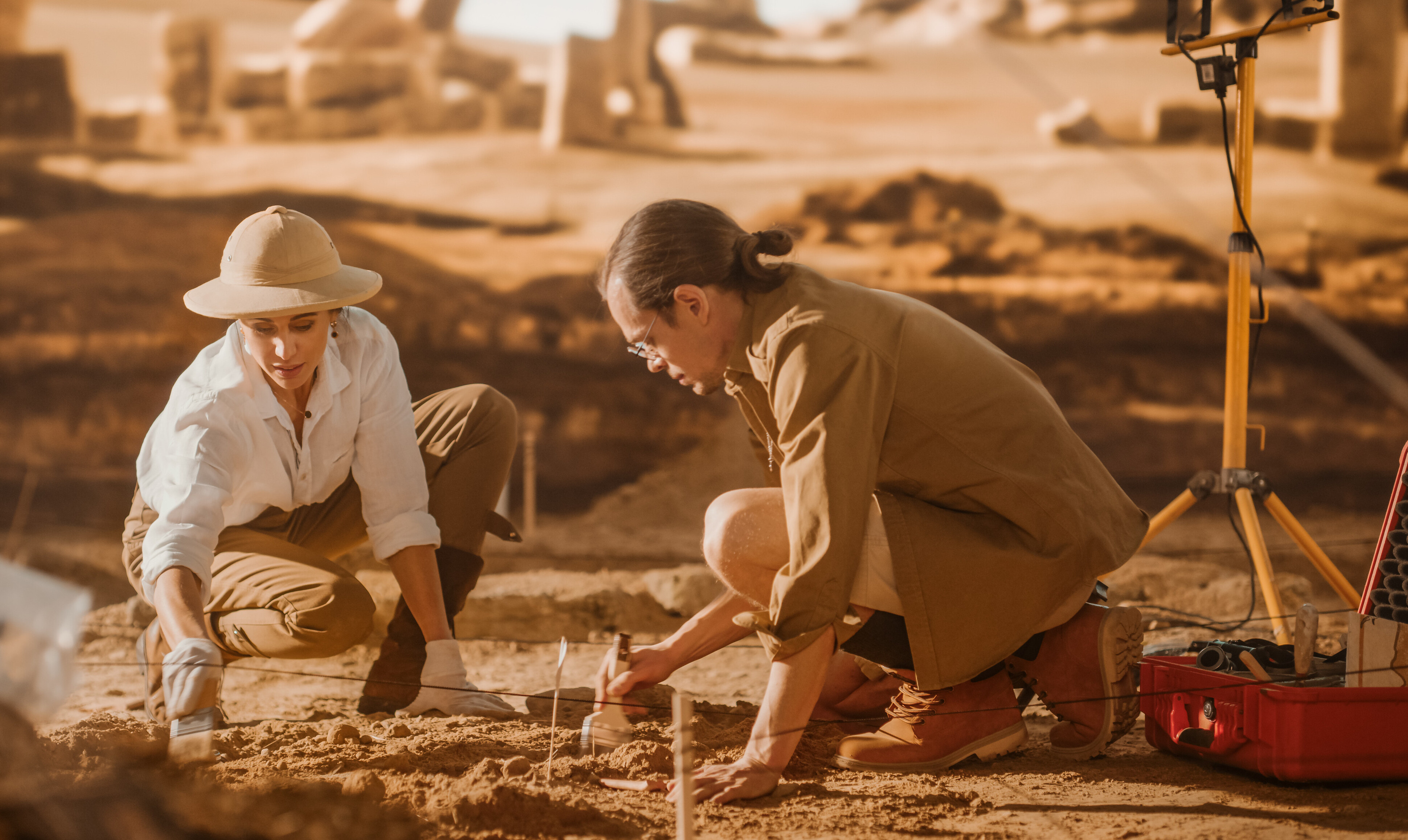Here in fact Saar Safra invented BeeHome, an innovative project designed to help beekeepers and, more importantly, bee populations.
In fact, Safra has developed a real robotic hive that takes care of the life cycle of bees. Solar-powered, BeeHome is zero-impact and does more than just protect bees from the weather or external agents. Thanks to an advanced computer system, the hive robot gives the beekeeper real-time access to data about the bees that populate it, allowing him to adjust parameters remotely through a dedicated technology platform.
Large-scale deployment of projects like BeeHome could prove instrumental in meeting one of the UN Agenda's most challenging goals-that relating to world hunger-by solving a problem as serious as it is underestimated, which is that of the risk of bee extinction. Today, in fact, as much as 30 percent of the global food chain depends on bees and their pollination.
Moreover, according to some studies, 90 percent of agricultural crops are visited by bees, which are therefore crucial to preserving the biodiversity of our Planet. Yet these are constantly threatened by the hand of man manifested through pesticides and cementing. To understand the magnitude of the problem, one only has to consider that in Europe alone, in the last 30 years, the number of bees has been reduced by 70 percent and their average lifespan has significantly decreased: from five to three years for queen bees and from 30 to 15 days for worker bees.
 Stefano Guindani
Stefano Guindani



/original/BG4SDGS+Talks+%281%29.png)

